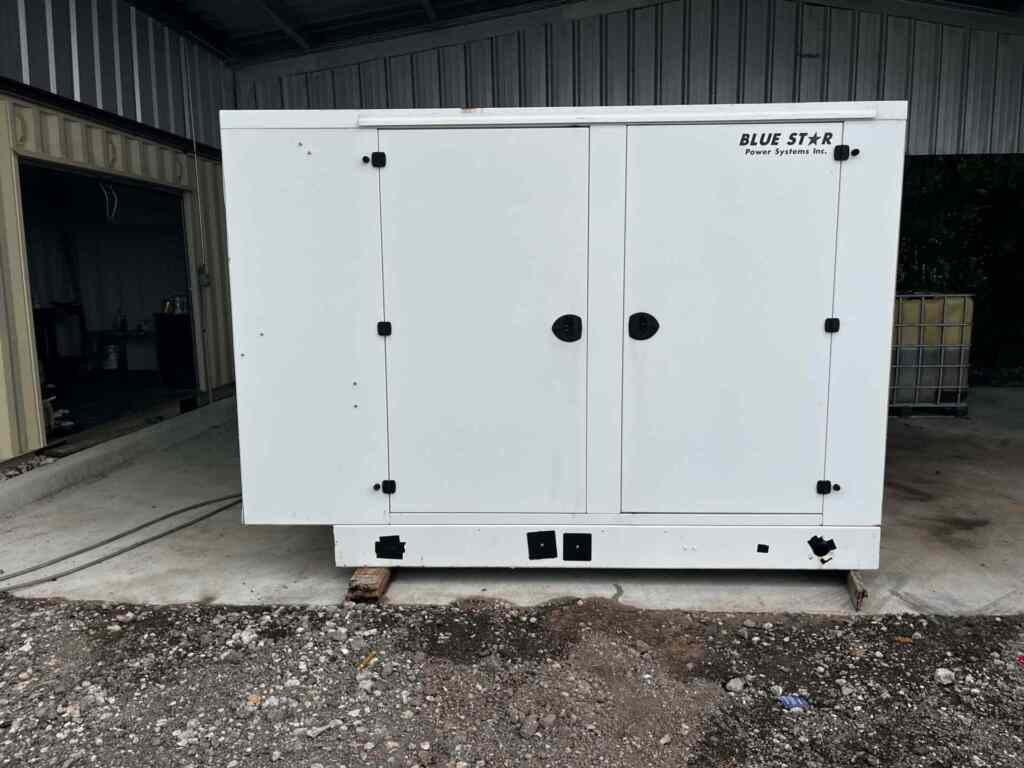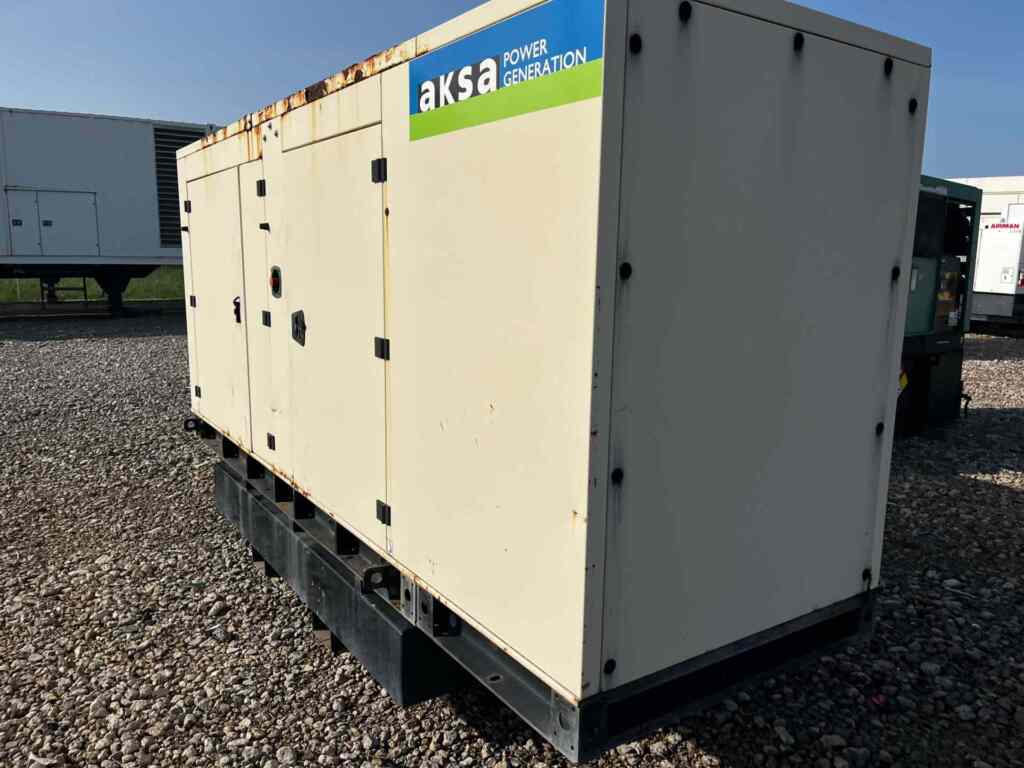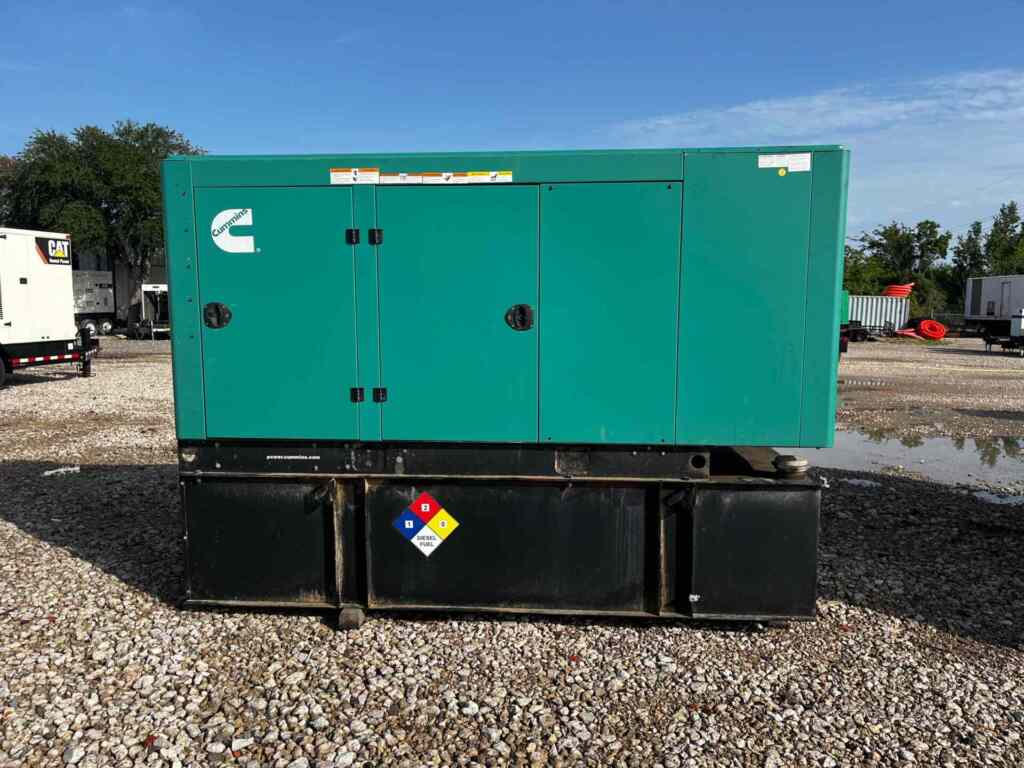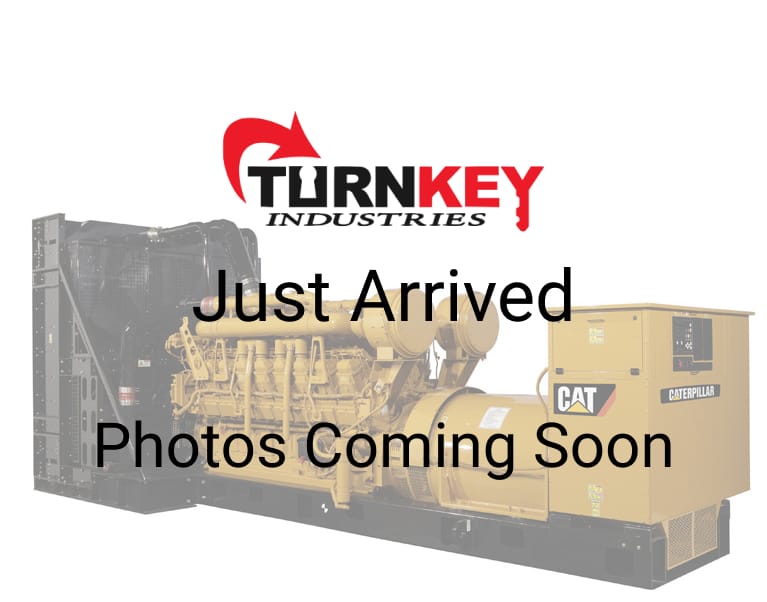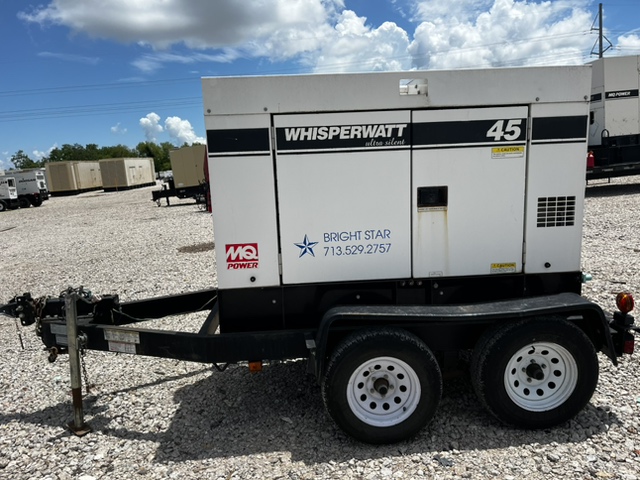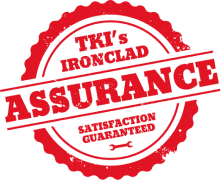When the power goes out, you won’t feel like running a tangle of extension cords from your appliances to the portable generator outside. And you probably don’t want to keep a window or door open to run the cords into the house, which could raise security concerns as well as let nasty weather inside! So what is the answer? Have a generator transfer switch installed for your backup power supply.
Transfer switches for portable generators (or permanently installed backup generators) simplify power options by connecting a generator directly to your electrical circuits. You won’t have the hassle of cords running through your house or open doors – just simple, clean power at the ready when you need it most.
Why Do I Need A Transfer Switch For A Generator?
The biggest benefit of installing a generator transfer switch in a residential or commercial setting is that you can power your electronics via your circuit breaker panel instead of using extension cords. This functionality extends to hardwired devices, such as your dishwasher, water heater, air conditioning unit, and ceiling fans as well as other electronics like refrigerators, freezers, lights, and computers.
Transfer switches for portable generators simplify the process of switching over to a backup power source and provide an added layer of safety for the user. A transfer switch diverts power from your utility to your generator quickly and easily. If you are using a manual switch, this is done manually through a lever or similar device. But if you install an automatic transfer switch for your generator, the entire process occurs instantly. Automatic switches monitor your facility’s power, keeping track of interruptions or delays. If the switch determines that the utility power has gone out, it will instantly and safely change your facility over to generator power.
This instantaneous switch over from utility to backup power ensures that no productivity is lost – especially when the generator is used by a business or other commercial facility. In the case of something like a hospital or physician’s office, this added level of security means that critical activities can carry on even if a storm or other unforeseen event knocks the grid power offline.
The additional benefits of having a generator transfer switch installed include:
- Power reliability – when a business loses power, your daily activities will stop dead in their tracks. And while a generator can mitigate this a bit, without a transfer switch you have to manually connect your generator to the operations you wish to restore. This chore can result in significant downtime and can be dangerous if employees are not trained to correctly hook up a generator in the event of an emergency.
- Safety – as mentioned above, handling a power source (even a backup one) can be dangerous. Having to deal with a manual generator hook-up can be disastrous, especially in the dark. A transfer switch for portable generators removes the dangers associated with a power outage entirely and keeps your employees safe.
- Simplifies operations – when you have a generator transfer switch installed, you will pick specific appliances to be automatically powered. This can include everything from your lights, HVAC systems, industrial equipment, or even refrigerators. This process drastically simplifies restoring power and improves the function of your generator as well.
One word of caution – never plug your generator directly into an outlet in your home. This practice, known as backfeeding, can cause someone to be electrocuted or can set fire to your home. A generator transfer switch removes the risk of this occurring and can keep you safe.
The Role Of The Transfer Switch in Portable and Standby Generators
Now that you know why you need a transfer switch for your generator, it’s a good idea to learn how transfer switches for portable generators and backup generators work. In simple terms, a transfer switch is a permanent switch that connects to your power box and changes the power load between utility power and a backup power system. If you have an automatic transfer switch installed, this transfer or power happens automatically when the first source of power becomes unavailable. Manual transfer switches, as mentioned above, require someone to manually switch over to back up power, usually by flipping a switch.
Who Needs A Transfer Switch?
Having a generator as a backup source of power is a great first step toward energy security, but having a transfer switch for that generator is even better. For commercial and industrial settings, this seamless transition from one power source to another without interruption is even more critical. Most business or commercial facilities (as well as the majority of residential homes) could benefit from the safety and security that a generator transfer switch will provide.
 Turnkey Industries offers a variety of high-capacity
Turnkey Industries offers a variety of high-capacity 